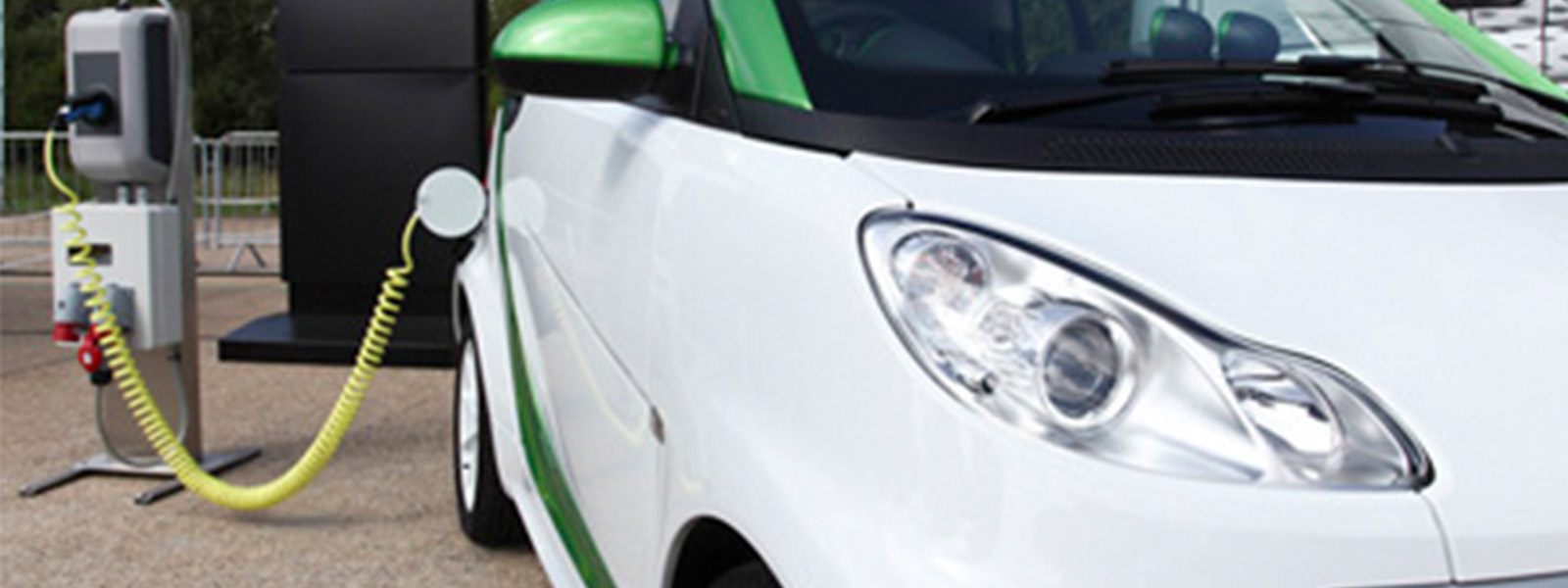Sales of new petrol and diesel cars will be banned in the UK from 2030, with the target by 2035 for all cars to be fully zero emissions capable. To achieve this the UK Government has committed nearly £1bn funding to support the rollout of electric vehicles in the UK including infrastructure and associated supply chains. New research published in Energy Economics and an accompanying policy brief suggests that these efforts to decarbonise private transportation in the UK could bring important short-term and sustained economic benefits in terms of GDP and jobs. However, evidence highlights that there will also be trade-offs in terms of the impacts on electricity prices, labour supply constraints and wider price pressures which will need to be considered.
Economic gains associated with electric vehicle rollout
Based on a scenario involving £10bn of spending to upgrade the UK electricity network, spread between 2020 and 2050 and with costs being entirely recovered through consumer bills over that period, the following economic benefits emerged:
- 0.15% increase in GDP per annum
- The potential for an additional 32,177 additional full time equivalent (FTE) jobs to be created
- 0.18% increase in real earnings from employment.
Initially these gains are driven by the investment in upgrading the electricity network to enable the electric vehicle rollout. From 2050 onwards thye are stimulated by the switch from import-intensive diesel and petrol to electricity generated largely by UK industries in terms of powering vehicles. The key source of sustained expansion is the strength of domestic supply chains supporting the UK electricity sector.
Trade-offs associated with electric vehicle rollout
Yet alongside these economic gains, economic modelling and scenario analysis also show increases in the price of electricity (0.3%) and the Consumer Price Index (CPI) (0.18%). Thus indicating potential cost-of-living pressures. These will not necessarily be alleviated by, for example, the growth in real wage incomes, as not all households will benefit equally from these, whereas all households will be impacted by price and CPI increases, with the most vulnerable being disproportionately affected. The poorest households will also be less likely to benefit from the use of electric vehicles.
Further trade-offs and challenges also exist in another two key areas. First, not all sectors in the economy will see gains and expansion. Gains are likely to be concentrated in the services, manufacturing and electricity industry, but with losses associated with sectors such as traditional car manufacturers and refined petroleum and their associated supply chains. Second, if the full rollout of electric vehicles is not realised, but investments such as electricity network upgrades are fully implemented a risk emerges around ‘stranded assets’.
As with other net zero/decarbonisation areas of action, understanding and responding to these trade-offs with appropriate interventions will be critical to ensuring a sustainable and prosperous net zero transition as well as meeting ambitions around other policy agendas including ‘Levelling up’ and ‘Just Transitions’.
Image credit: Department for Transport, CC-BY-NC-ND 2.0, flickr.com
